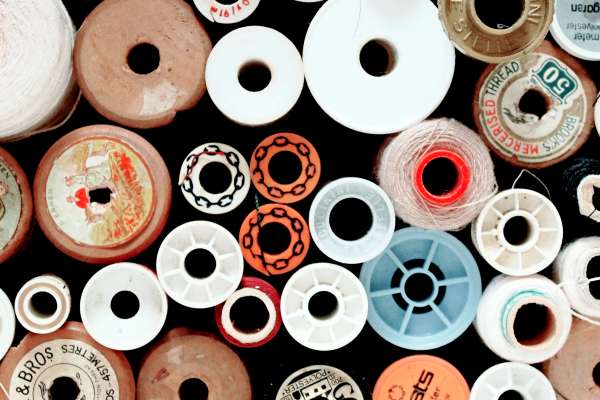Tunisia
Read more about the current situation in the garment industry in Tunisia in the latest Fair Wear country study.
Strengthening rights to collective bargaining and social dialogue are the way forward for Tunisia’s garment industry
Tunisia’s garment industry at a glance
Tunisia is one of the largest garment suppliers to the European Union and the garment industry is one of the most important in the country, employing more than 250,000 people. Production is concentrated in the coastal regions of the country around Monastir, Nabeul, Tunis, Bizert, Sousse and Sfax, and textiles, clothing, leather products and footwear are the most commonly produced items.
Labour issues in Tunisia’s garment industry
Tunisia is already very familiar with international labour standards and the government works to uphold labour laws and collective bargaining agreements, even ratifying the main International Labour Organization conventions. While this all bodes well for working conditions throughout the country, there is still room for improvement, especially as the country deals with recent political instability and terrorism.
Poor union participation, unannounced overtime, improper compensation and workplace safety are ongoing issues in the country, and in recent years, legal employment contracts have become an issue as factories are relying more and more on short-term contract workers to keep up with market demands. While the minimum wage increased in 2019, it’s still far from living wage benchmarks and continues to get worse as inflation rises.
What Fair Wear is doing
Fair Wear has been active in Tunisia since 2004, and there are currently 20 Fair Wear member brands sourcing from 54 factories throughout the country.
We have an active Workplace Education Programme (WEP) in the country, which conducts factory training sessions for workers and management on issues of living wage, freedom of association, health and safety, employment contracts and more. Complaints helplines are also available to workers in the region, and Fair Wear staff regularly collaborate with local unions and employer and governmental organisations. In the journey toward gender equality, we went one step further, writing a letter to Tunisia’s Assembly of the Representatives of the People calling for equal pay for equal jobs.
Interested in calculating labour minute value and product costing for this country? Check out our country calculators here.
Resources
Read more about the current situation in the garment industry in Tunisia in the latest Fair Wear country study.




